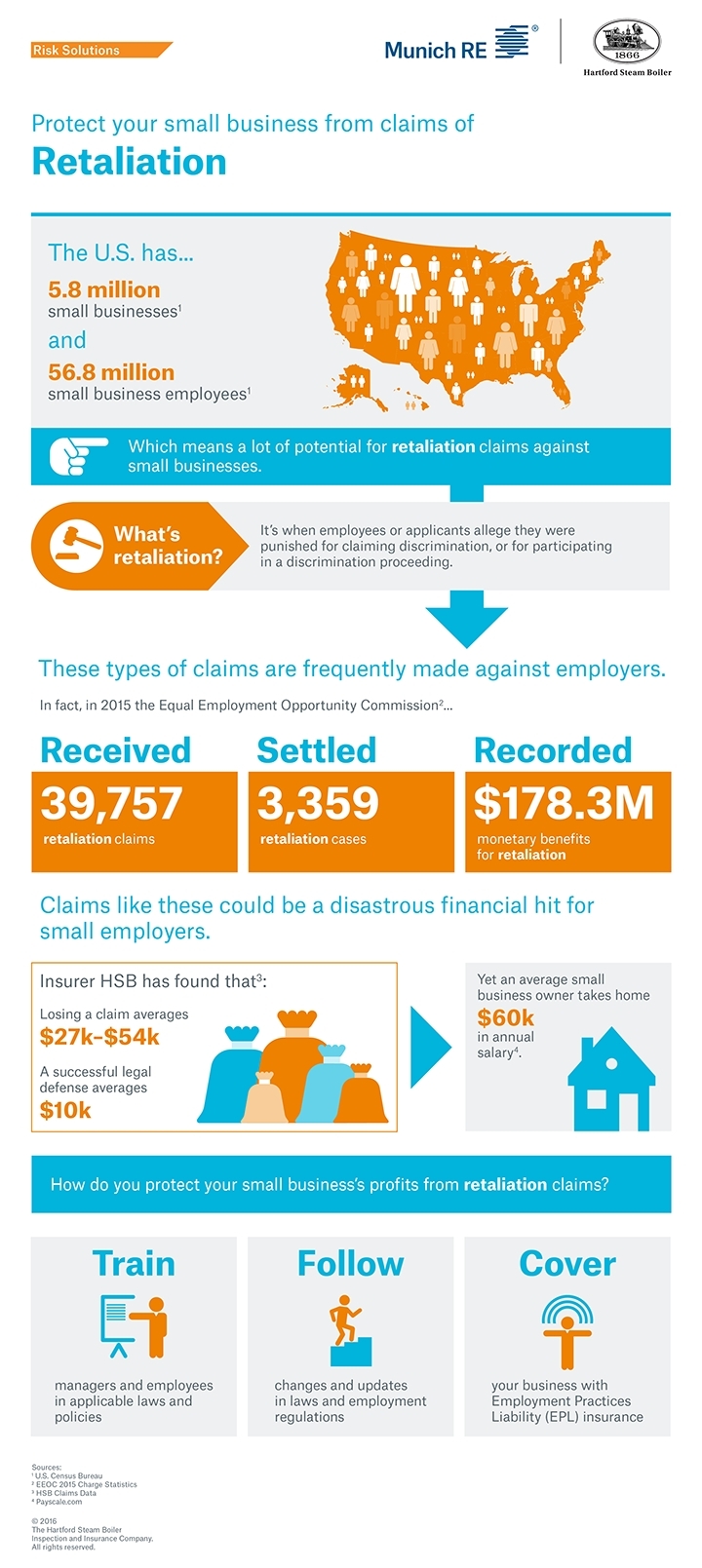Business: Entrepreneurship/Small Business
RECALCULATING, 97+ Experts On Driving Small Business Growth. JoAnn Laing
Article Categories
Trends
QUESTION:
What is the trend of small business optimism?
ANSWER:
Nine different trends in January show positive upward optimism on the part of small business leaders.
Ask The Expert
QUESTION:
What does Google's decision to index mobile websites mean for small businesses?
ANSWER:
Small buiness leaders need to insure their mobile websites contain the data they most want indexed by Google and in the order they desire. Techwood Consulting.

 The U.S. healthcare worker shortage crisis is expected to intensify as waves of baby boomers retire but fewer workers remain to replace them.
The U.S. healthcare worker shortage crisis is expected to intensify as waves of baby boomers retire but fewer workers remain to replace them.  There is a way to reduce small business healthcare insurance costs by an average 30%.
There is a way to reduce small business healthcare insurance costs by an average 30%. Business owners should take the time at least once per year to look over their core policies and documents to make sure they are effectively protecting their business, and summer is the perfect time.
Business owners should take the time at least once per year to look over their core policies and documents to make sure they are effectively protecting their business, and summer is the perfect time. 


